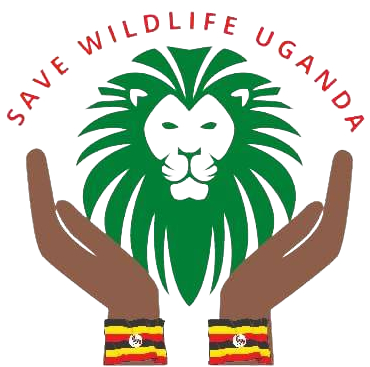


SAVE WILDLIFE UGANDA
Western Uganda is bordered by the spectacular, glacier-capped Rwenzori mountains-often referred to as “the mountains of the moon” Wildlife has come back from almost total destruction during the war years of outstanding concentrations and diversity but there is still much to be done today to protect Uganda’s wildlife & particularly in queen Elizabeth national park. This savannah is teeming with game, from the hippo pools and roaring falls of the upper Nile where the world’s largest crocodile can be found to the unique tree-climbing lions of Ishasha, Queen Elizabeth has more to offer than any savannah anywhere else in Africa.
- Saving and conserving for future Generation
Fighting Poaching
Wildlife in Queen Elizabeth is therefore facing a crisis with threats ranging from poaching and the illegal wildlife trade. Habitats loss, human wildlife conflicts and climate change. From tree climbing lions listed as most vulnerable to pangolins, vultures, and many creatures are sliding towards extinction yet each of them is too vulnerable to lose and essential to the ecological balance of nature not just for the wildlife but for the future of humans and the planet.
We have eleven communities in our first phase, that is , kazinga lower, kameme, kazinga upper, Tukundane, Rwerere, Bukorwe, Nyarurambi, Karambi, Kinyabutongo, Cumbugu, Burambi, Kazinga-Bukorwe cell.
After fully establishing our initiative in above villages then Bwambala sub county will come in second phase considering mainly three villages bordering with national park, kikarara, guruka, bwentare.
It’s with great concern that the most and yet to be tackled situation of human-wildlife conflicts has not been given the much needed attention, if the communities are not actively engaged to participate actively
According to UNDP’S Human Development Report 1997 introduced the concept of human poverty. It urged that if income is not sum total of wellbeing, lack of income cannot be the sum total of poverty.
HISTORY
The March, 2021 intentional poisoning of six of Uganda’s tree-climbing lions was not only a crime against the country’s natural heritage and to those members of the local community that realize the value of wildlife, but also to the tourism industry, which was already reeling from the effects of the COVID-19 lockdowns. We are pleased that justice prevailed knowing that two men have been tried, convicted and are serving 8 1/2 years in prison.
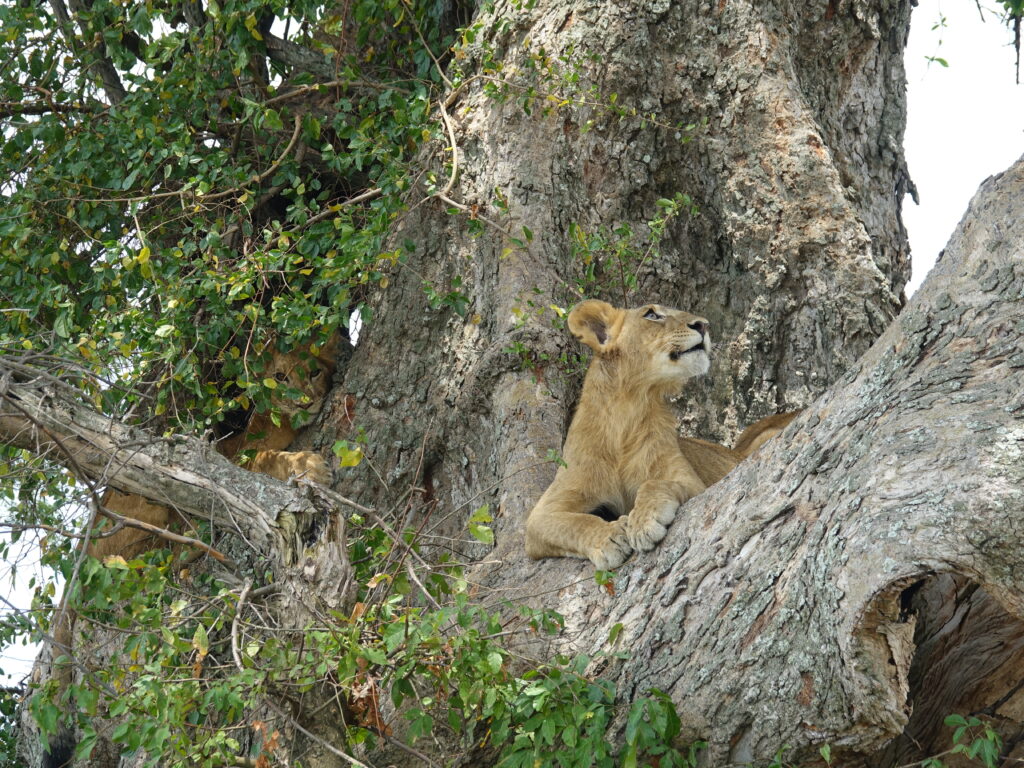
VISION
To be a leading institution for providing solutations for Biodiversity loss in and around protected areas in Uganda.
MISSION
To promote Sustainable Conservation of Biodiversity and enhance Community livelihoods.
GOAL : 1340 $
GOAL : 15000 $
GOAL : 10000 $
GOAL : 15000 $
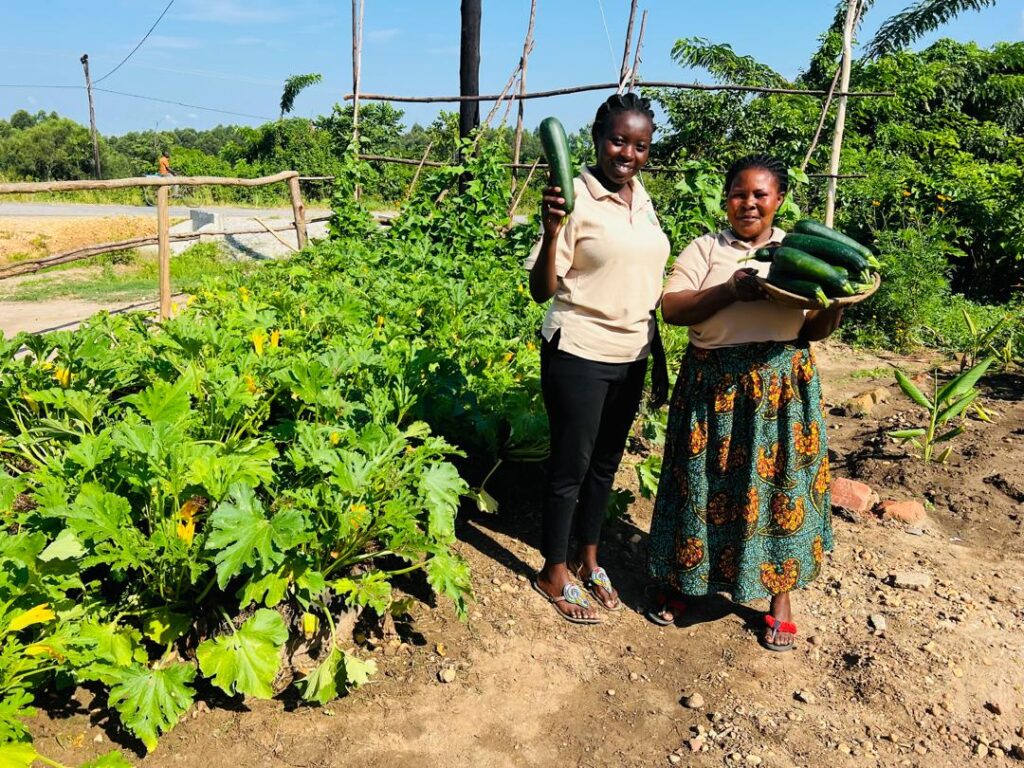
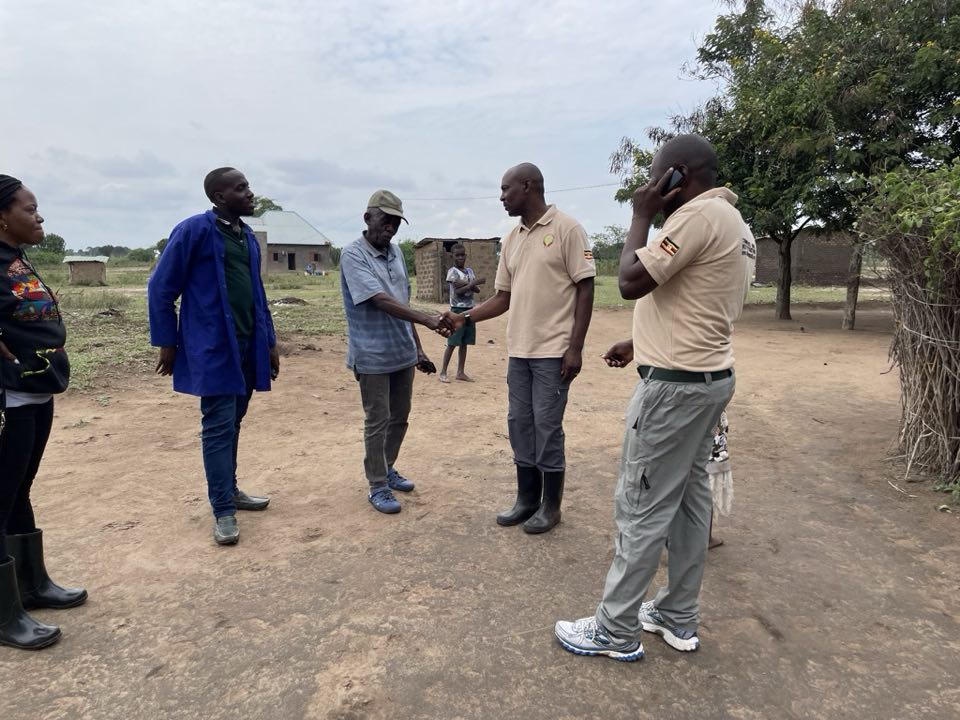
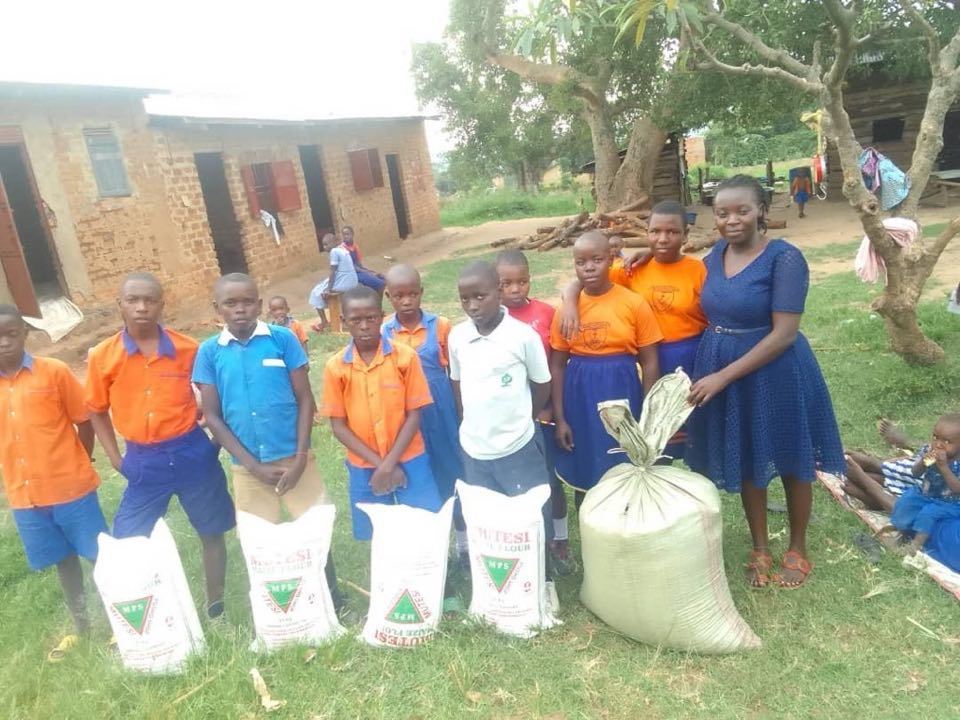
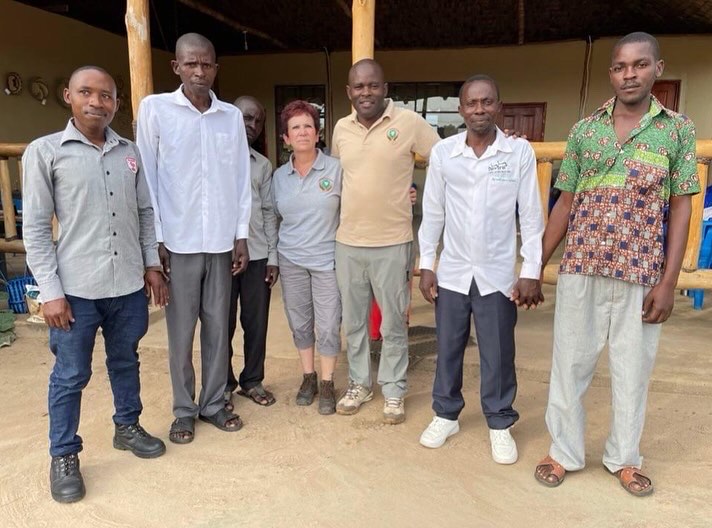
- Our Responsible Tourism Policy
Helps us maximize the benefits to local communities and minimizes negative, social, and environmental impacts and helps local people conserve fragile cultures, habitats, and species.
Save Wildlife Uganda's projects are geared toward the general well-being and sustainable future of communities in the Ishasha sector and neighboring Queen Elizabeth National Park if given the financial support needed. We are thrilled to be under the 501(c)(3) umbrella of world-renowned and well-respected Sahaya International (USA).
